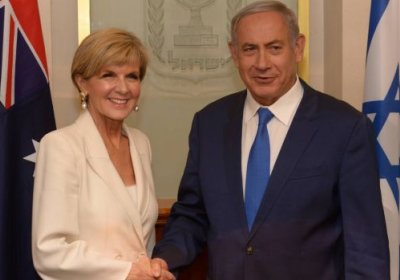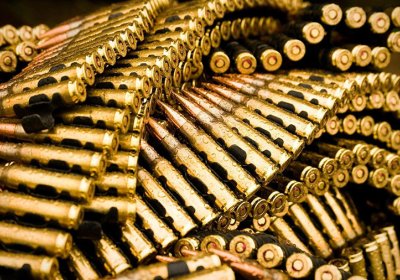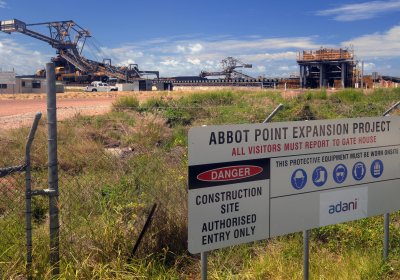BP finally announced in late December it had withdrawn its two environmental plans for exploration drilling two months after announcing it would ditch the controversial project.
Australia’s offshore oil and gas regulator, NOPSEMA, had already sent back BP’s application to drill in the Bight three times and was due to make a decision on its latest two submitted plans by the end of the year.
Chevron, Santos, Murphy and Karoon Gas still have exploration licences but will face the same massive costs and increasing community opposition that BP experienced.











